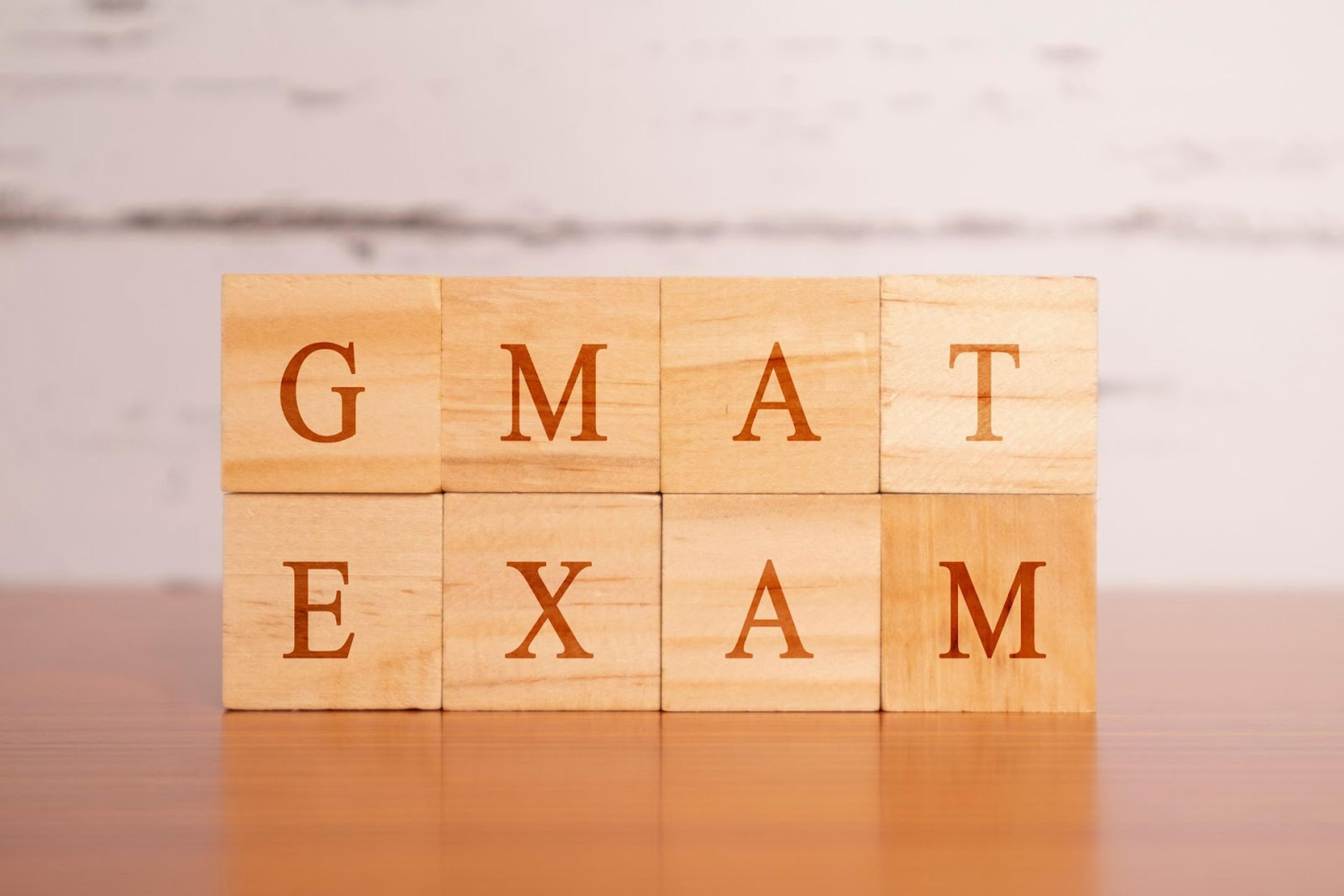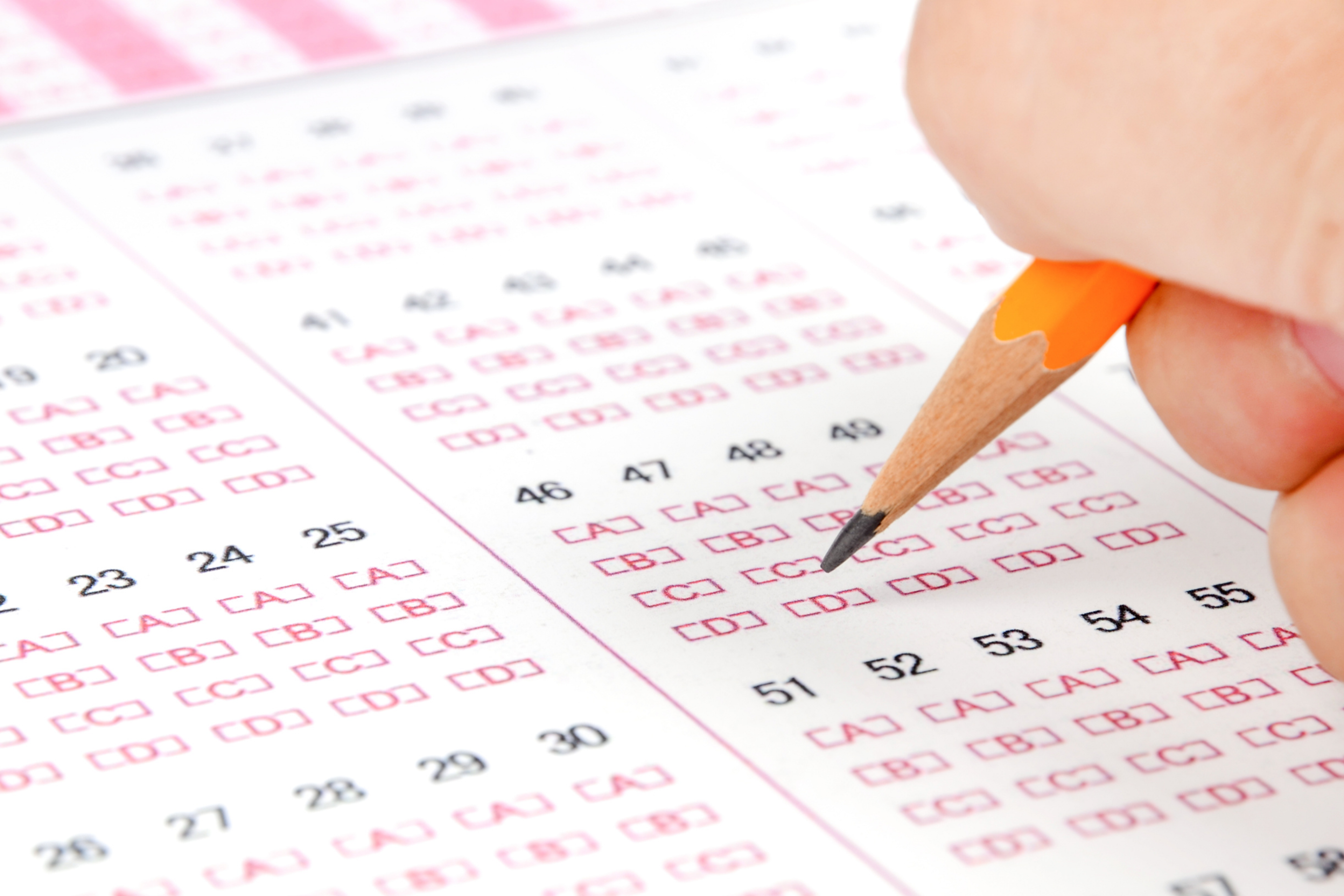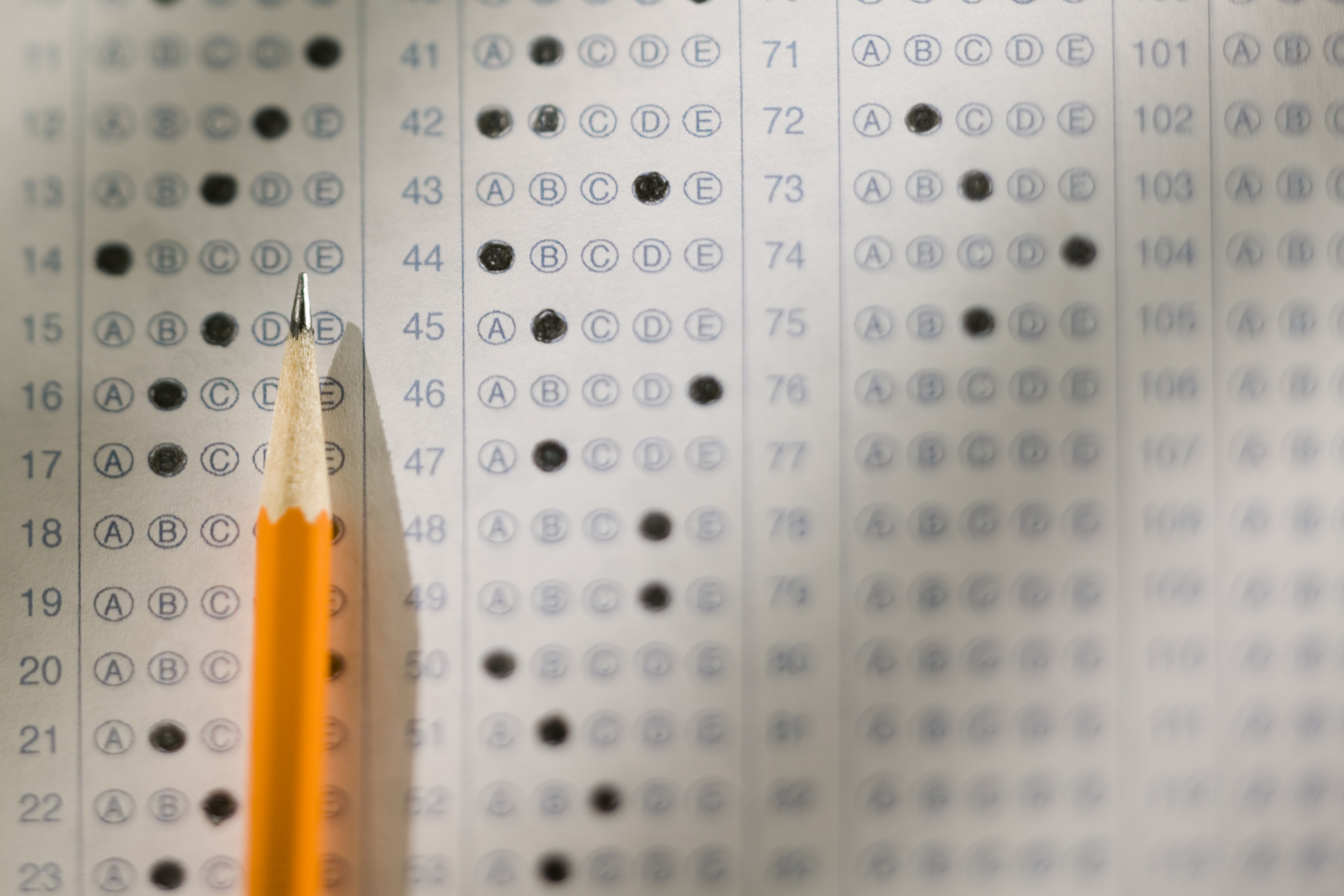
Join a free event
Learn from top coaches and industry experts in live, interactive sessions you can join for free.
Table of Contents
The Quant section on the new GMAT Focus Edition looks simple on the surface—but don’t underestimate it. With just 21 questions in 45 minutes, no calculator allowed, and increasing emphasis on logic and reasoning, the GMAT Quantitative Section demands precision under pressure.
This guide breaks down everything you need to know, from quant topics to timing, scoring, and expert-backed prep tips. It includes real test-taker insights, updated data, and an aligned strategy to help you score higher and stand out to competitive MBA programs.
Read: 3 Things You Need to Know About the New GMAT Focus Edition
Topics Tested in GMAT Focus Quant
What is Quantitative Reasoning?
The Quantitative Reasoning section measures your ability to reason mathematically, analyze quantitative data, and solve multi-step problems under pressure. Rather than testing rote memorization of formulas, it challenges you to apply core math concepts like algebra, arithmetic, and number properties in unfamiliar contexts, with limited time and no calculator. Success depends on logical thinking, precision, and the ability to choose the most efficient path to the correct answer.
What math topics should you expect?
Here’s what’s most frequently tested:
- Arithmetic: ratios, percentages, number properties, fractions, and statistics
- Algebra: equations, expressions, inequalities, variables
- Word problems: rates, mixtures, interest, growth, ratios
- Problem-solving questions: multi-step, logic-based, and context-heavy
- Some geometry is gone—Quant now focuses more on algebra and arithmetic
You’ll see five answer choices per question, and all are multiple choice. You need to determine the correct answer efficiently, not guess.
A Reddit user said: “It felt like 75% word problems—I barely had any straightforward equation solving.”Another added: “They love combining percentages, fractions, and rates in a single question.”
These experiences reflect what many test takers report: real-world scenarios, layered logic, and compound topics.
Quant Timing: How Much Time Do You Get?
Format & Time Limit
The GMAT Focus Quant section gives you 45 minutes to answer 21 questions—an average of just over two minutes per question. While that may sound manageable, it’s actually more compressed than the older GMAT format. Complicating matters, the section is calculator-free, meaning you’ll need to rely on mental math and scratch work for every calculation
What makes timing tricky:
- No calculator allowed - Unlike the Data Insights section, you’ll need to handle all calculations mentally or on a scratch pad—accuracy and number sense matter more than ever.
- Adaptive scoring model - The test adjusts question difficulty based on your performance, so early mistakes can lower your ceiling.
- Multi-step problems - Many questions require logical reasoning across multiple steps, often wrapped in word problems or abstract language.
Timing Strategies That Work
The best test-takers approach the Quant section with a clear timing plan. If a question feels like a time trap, they flag it and move on, rather than burning valuable minutes. Skipping isn’t a weakness; it’s a strategy.
On easier questions, they use the process of elimination to reduce answer options before calculating. This saves time and avoids common traps. Precision in reading is just as important as precision in solving.
Many Quant questions hinge on subtle phrasing—terms like “except,” “at least,” or “approximately” can completely change what the question is asking. Practicing under realistic conditions is critical: use official GMAT practice questions in timed sets to simulate pressure and build both speed and stamina.
If timing continues to be a struggle, working with a GMAT coach can help you build a personalized pacing strategy. A coach can pinpoint where you’re spending too much time, show you when to skip or guess, and help you stay on track from the first question to the last.
Quant Scoring: How It Works & What’s Competitive
How is the GMAT Quant section scored?
In the GMAT Focus Edition, the average GMAT score is made up of three equally weighted sections:
| Section | Score Range | Weight Toward Total Score |
|---|---|---|
| Quantitative Reasoning | 60–90 | 1/3 |
| Verbal Reasoning | 60–90 | 1/3 |
| Data Insights | 60–90 | 1/3 |
| Total GMAT Score | 205–805 | Composite of all three |
Unlike the previous version of the GMAT, where Quant and Verbal dominated the scoring, the Focus Edition gives equal weight to Quant, Verbal, and Data Insights. That means your Quant score alone can significantly affect your total score, even though the section only includes 21 questions.
Why does this matter?
- Every question counts: Missing just a few can drop your score several points, which can dramatically shift your percentile ranking.
- Strategic leverage: If Quant is your strength, it can boost your total score and balance out weaker sections.
- Admissions impact: Top business schools often look for strong Quant scores as a signal of academic readiness, especially for quant-heavy programs.
For example, scoring an 84 in Quant could land you in the 80th percentile, while an 80 may drop you to the 66th. Those few points could be the difference between looking solid and standing out.
Your Quant score is a lever. Use it strategically to shape your application narrative and strengthen your overall GMAT profile.
What’s a good quant score?
There’s no single “good” GMAT Quant score, but there is a strategic range, depending on your target schools and the rest of your profile.
| Score Type | Benchmark |
|---|---|
| Average GMAT total score | ~546 (GMAT Focus) |
| Average Quant score (scaled) | ~78 |
| Competitive MBA target | 80+ (typically 66th percentile or higher) |
| Top 10 MBA programs | 83+ (80th+ percentile is safer) |
Scoring in the 80–84+ range on Quant signals to admissions committees that you have the quantitative foundation to handle a rigorous MBA curriculum. This is especially important if you're applying to finance, consulting, or STEM-adjacent tracks—or if your academic background lacks quant-heavy coursework.
One GMAT Club user shared: “My quant score was 84 and verbal score 87—my total score was 685.” That profile landed them in the 80th–85th percentile range, strong enough for M7 consideration depending on the rest of the application.
Pro tip: Use a score calculator to experiment with your ideal section combinations and identify the best pathway for your profile.
Read: GMAT Focus Score Chart — With Percentiles
Tips to Boost Your GMAT Quant Score
Raising your GMAT Quant score is about sharpening the quant skills the test actually rewards: logic under pressure, pattern recognition, and efficient execution. Below are five advanced strategies used by high scorers and elite GMAT prep coaches to unlock real improvement.
1. Audit your Quant blind spots by question type, not topic
Most students track progress by topic (e.g., algebra vs. statistics), but elite scorers go one level deeper. They break down where they’re losing points by question type: translation errors, flawed setups, careless arithmetic, or inefficient logic paths.
Use a mistake log to tag patterns: Was it a conceptual error? A timing issue? Did you fall for a trap answer? Over time, this micro-level feedback loop tells you what's actually holding back your score and where the fastest ROI lies.
2. Build "math-to-logic" fluency, not just math accuracy
The GMAT Quant section doesn’t reward brute-force calculation but rather GMAT math fluency applied with logic. Start each problem by eliminating unlikely answer choices before solving. Look for patterns, shortcuts, and reasoning cues that let you bypass long computation. In particular, data sufficiency questions test not whether you can calculate, but whether you can determine if you have enough information. That’s a different kind of thinking—and it’s worth practicing on its own.
Read: GMAT Math Questions: 5 Best Places to Go for Quant Practice
3. Train for time, not just speed
Timing issues aren’t always about working too slowly; sometimes it’s working too long on the wrong problem. Build timing awareness by categorizing problems into three buckets: fast solves, medium effort, and time traps. Use this during practice to train when to push, when to pause, and when to skip. The real pros don’t just finish the section but also allocate time strategically across problems based on return on effort.
4. Shift from "concept review" to "decision training"
It’s easy to fall into a cycle of reviewing content and doing untimed drills. But after a few weeks of foundation work, your focus should shift to decision training:
- What’s the fastest way to solve this?
- What’s the trap here?
- Is this question worth 2+ minutes, or should I skip and return?
Simulate full Quant sections in test-like conditions weekly (21 questions in 45 minutes) and use those sessions to stress-test your decision-making, not just accuracy.
5. Use section balancing to boost your total score
If you’ve plateaued in Quant, remember that GMAT Focus weights Quant, Verbal, and Data Insights equally. That means a 3-point gain in Data Insights scores could have just as much impact on your total score as squeezing out another point in Quant. Use score calculators (like TTPs or GMACs) to model how each section contributes to your target total—and rebalance your study plan accordingly.
6. Simulate the full section, not just problem sets
Too many students drill isolated problems but never simulate the full Quantitative Reasoning section of the GMAT. You need to build the stamina, pacing, and focus required to perform across all 21 questions in 45 minutes. Use official GMAT prep tools or top-tier platforms like TTP to run full-section simulations weekly. This not only improves accuracy, but it also teaches you when to skip, guess, and move on.
Read: GMAT Study Tips From Pro Tutors: From 600 to 700+
Common GMAT Quant Mistakes and How Top Test Takers Fix Them
Even well-prepared test takers make costly mistakes on GMAT Quant—not because they don’t know the math, but because they underestimate how the test uses language, logic, and time pressure to trip them up.
What real students say:
“I knew the formulas but kept falling for wording traps.”
“It wasn’t the math, it was the logic that got me.”
These are common refrains among students scoring in the 600–650 range. They’ve reviewed content, but their decision-making under stress hasn’t been trained.
Read: The 10 Most Common Mistakes in GMAT Exam Prep and How to Avoid Them
The Real Culprits Behind Most Errors
Contrary to what most students believe, it’s rarely a lack of content knowledge. The most frequent mistakes include:
- Misreading the question stem, especially on word problems, where one word changes the entire setup
- Rushing to answer before fully solving or checking your work
- Panicking when faced with unfamiliar setups, even when the underlying quant skills are well within your reach
- Overcomplicating simple questions, especially when you expect every problem to be difficult
In particular, data sufficiency questions create false confidence. Many students decide too quickly without carefully testing all the conditions, leading to wrong conclusions even when their math is sound.
How Elite Test Takers Avoid These Pitfalls
High scorers don’t just get better at solving; they get better at thinking. Here’s what they do differently:
- Maintain a mistake log, not just for wrong answers, but for poor decisions (e.g., skipped steps, second-guessing, time traps)
- Train their judgment, not just their knowledge, by simulating full sections and analyzing how they approached each problem
- Use question structure as a clue, phrasing like “approximately,” “must be true,” or “except” often signals a trap or shortcut
- Resist brute force. Instead, they scan for patterns, eliminate options logically, and trust their frameworks
Mistake → Root Cause → Expert Fix
| Mistake | Root Cause | Expert Fix |
|---|---|---|
| Misreading the question stem | Rushing through language or skipping qualifiers like “except” | Slow down on the first read, underline keywords, and rephrase the question in your own words |
| Choosing an answer before fully solving | Overconfidence or time pressure | Commit to a step-by-step process, even when you’re sure, and double-check your logic |
| Freezing on unfamiliar-looking problems | Lack of pattern recognition or over-reliance on templates | Reframe: ask “What is this really testing?” and look for the underlying concept (e.g. ratio, rate) |
| Getting stuck on time-consuming math | Trying to brute-force instead of using logic or estimation | Look for ways to simplify, eliminate answer choices, or back-solve when appropriate |
| Failing Data Sufficiency questions | Mistaking sufficiency for solvability; not testing both statements | Train separately on data sufficiency and drill: “Does this guarantee an answer, or just suggest one?” |
| Repeating the same types of mistakes | No structured error tracking | Maintain a categorized mistake log and review it weekly to close gaps intentionally |
TL;DR: GMAT Focus Quant Essentials
| Area | Key Details |
|---|---|
| Time Limit | 45 minutes for 21 questions |
| Topics | Arithmetic, algebra, word problems, stats, logic |
| Score Range | 60–90 for Quant; contributes to 205–805 total |
| Good Score | 80+ for competitive MBA programs |
| Question Type | All multiple-choice choice with five answer choices |
| Strategies | Skip wisely, eliminate logically, solve efficiently |
| Top Mistakes | Language traps, rushing, and misreading questions |
Final Tips
- Don’t underestimate the quant section just because it’s shorter; each question heavily influences your average score and percentile.
- Prioritize clarity over speed. Success comes from understanding the logic behind questions, not racing through them.
- Focus on building core math skills that help you recognize patterns and solve efficiently under time pressure.
- Learn to solve problems by eliminating answer choices, identifying shortcuts, and staying calm when a question looks unfamiliar.
- Use score calculators to model how boosting your quant score affects your total score and admissions competitiveness.
- Build comfort with ambiguity, as many Quant questions test your ability to choose the best answer with limited information.
- Balance your prep across Quant, Verbal, and Data Insights. Strong performance across all three sections creates the most competitive profile.
Ready to Raise Your Quant Score Faster and Smarter?
If you're serious about improving your Quant score, there’s no faster way to accelerate than working with a GMAT coach. A great coach doesn’t just review content—they help you pinpoint your weakest quantitative concepts, design a study plan around your learning style, and build a timing strategy that works under pressure. You’ll get targeted feedback on everything from problem-solving to pacing, plus guidance on how to navigate test-day stress with confidence.
Explore top GMAT tutors here to find someone who aligns with your goals, background, and timeline. The right coach can turn your next attempt into your best. Also, check out the GMAT exam prep bootcamp and free events for more effective GMAT strategies.
Read these next:
- How Late Can You Take the GMAT/GRE for MBA Applications?
- GMAT vs. GRE for an MBA—Which Should You Take (and How to Ace Both)
- Top 50+ Free Resources for GMAT & GRE Practice
- GMAT Sections Guide: What’s Tested and How to Prepare
- How Long Should You Actually Study for the GMAT Focus Edition?
- GMAT Focus Sections: Overview & Structure Breakdown
FAQs
What kind of math shows up on GMAT Focus Quant?
- It’s mostly arithmetic, algebra, word problems, percentages, and stats.
Is GMAT Focus Quant hard if I haven’t done math in years?
- It’s more about logic than advanced math, but timing makes it tough.
What score should I aim for on Quant to get into a top MBA?
- Shoot for 80+ on Quant if you’re applying to competitive programs.
How much time do I get for the GMAT Quant section?
- You’ve got 45 minutes to answer 21 questions—no calculator allowed.
I’m bad at math. How do I even start prepping for Quant?
- Start with the basics, focus on logic, and use targeted practice with feedback.
Do I need to memorize math formulas or just get the concepts?
- You’ll need to know key formulas, but applying them under pressure matters more.
How much does my Quant score matter for my total GMAT score?
- It’s one-third of your total, and low Quant can hurt your chances at quant-heavy programs.
Browse hundreds of expert coaches
Leland coaches have helped thousands of people achieve their goals. A dedicated mentor can make all the difference.



















